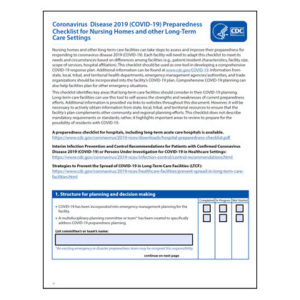Not enough ‘assist’ in assisted living for me
In 1993, after living in a one-floor condo with private caregivers for more than 10 years, I began to consider alternative living arrangements. A nursing home was the obvious choice. But I really wanted to try to find something less restrictive and more community oriented. So I called an assisted living facility in a city 30 miles away, where my sister lives.
Since the facility was new and not yet completed, I made a few calls there before someone called me back. The young woman who returned my call had worked with me a few years before. I was relieved to be talking to someone who knew me and my situation.
I asked her what the assisted living facility was like. The environment she described sounded nice. Then I asked what the criteria were for me to live there. She said I could use a wheelchair as long as I only needed one person's assistance to transfer.
Then I asked what would happen if I fell and needed two people to get me up. She said that would not be a problem. But if I began to fall frequently, or if I neededif two people to assist with all transfers, I could no longer live there.
She explained that if I broke a bone or needed surgery I would be discharged from the hospital to a nursing home to recuperate. After rehabilitation I would have to be reassessed to determine if I could return to assisted living.
I told her I thought it sounded like it would be too difficult to live in an assisted living facility. I did not want to move into assisted living, be told I was unsuitable for it and then have to find a nursing home. I decided that I did not function well enough to even consider assisted living as an option.
I was glad that my former coworker gave me usable information about that assisted living facility and its rules. She knew I was a strong disability advocate and that I would want to know all the ins and outs.
I realized I would need to consider a nursing home because I could stay there no matter my function or payment method.
My take on the Frontline presentation on assisted living: Although there may be no way to avoid accidents at assisted living facilities, I am sure the families of the residents highlighted in Frontline’s, "Life and Death in Assisted Living" would have appreciated all the information I received before they made their choice.
I Advance Senior Care is the industry-leading source for practical, in-depth, business-building, and resident care information for owners, executives, administrators, and directors of nursing at assisted living communities, skilled nursing facilities, post-acute facilities, and continuing care retirement communities. The I Advance Senior Care editorial team and industry experts provide market analysis, strategic direction, policy commentary, clinical best-practices, business management, and technology breakthroughs.
I Advance Senior Care is part of the Institute for the Advancement of Senior Care and published by Plain-English Health Care.
Related Articles
Topics: Activities , Clinical , Executive Leadership , Risk Management , Staffing












